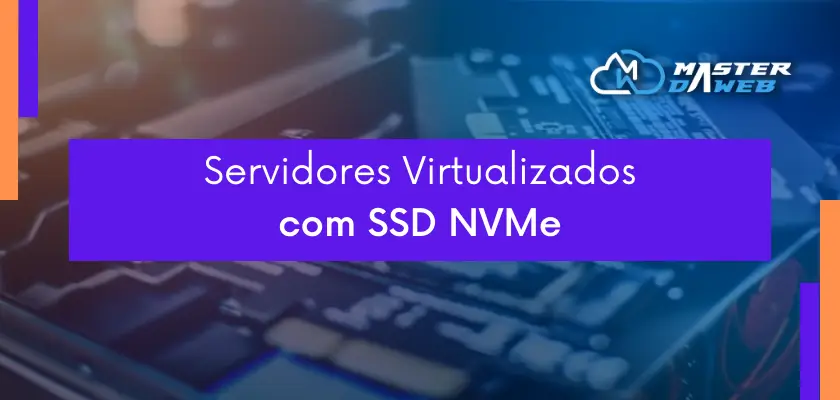
What is Ubuntu?
Ubuntu is an open source operating system based on Linux, developed and maintained by Canonical Ltd. It is one of the most popular Linux distributions and is known for its ease of use, stability and large community of users and developers.
Ubuntu offers a user-friendly graphical interface, known as Unity (formerly GNOME), and a wide range of pre-installed applications to meet users’ basic needs, such as a web browser, email client, office suite, media player and more.
In addition, Ubuntu is highly customizable and has a vast library of software available for installation through its package management system. It is often used on desktops, servers, embedded systems and even mobile devices such as smartphones and tablets.
What are the advantages?
-
- Free and open source: Ubuntu is distributed free of charge and its source code is available to anyone, which means you can use, modify and distribute it freely, with no licensing costs.
-
- Security: Ubuntu is known for its robust security. The developer community is constantly working to fix vulnerabilities and release security updates, making it less susceptible to malicious attacks.
-
- Stability: Ubuntu is known for its stability and reliability. Updates are carefully tested before they are released, which helps to ensure a solid, flawless operating system.
-
- Ease of use: Ubuntu has an intuitive and user-friendly graphical interface, which makes it accessible even to novice Linux users. It also has extensive documentation and an active community of users willing to help.
-
- Customization: Ubuntu is highly customizable. You can choose from a variety of desktop environments and customize the system according to your preferences.
-
- Hardware compatibility: Ubuntu supports a wide range of hardware, which means you can install it on a variety of devices, from desktop computers to servers and embedded devices.
-
- Software ecosystem: Ubuntu has a vast library of software available for installation through its package management system. In addition, many popular applications are available natively for Ubuntu, making it a viable choice for many software needs.
What can be used on Ubuntu?
-
- Mozilla Firefox: One of the most popular web browsers, often used on Ubuntu to access the internet.
-
- LibreOffice: An open source office suite that includes a word processor, spreadsheet, presentation program and other productivity applications. LibreOffice is commonly used on Ubuntu as an alternative to Microsoft Office.
-
- GIMP: A powerful open source image editor, often used on Ubuntu as an alternative to Adobe Photoshop.
-
- VLC Media Player: A versatile, open-source media player that supports a wide variety of audio and video formats. VLC is widely used on Ubuntu to play videos and music.
-
- Thunderbird: A free, open source email client developed by the Mozilla Foundation. Thunderbird is often used on Ubuntu to manage e-mail accounts.
-
- Audacity: A free, open source audio editor often used on Ubuntu to record and edit audio.
-
- Shotwell: An open source photo manager used in Ubuntu to import, organize and edit photos.
-
- Apache: A widely used open source web server, often installed and configured on Ubuntu servers to host websites and web applications.
Get your VPS with Linux Ubuntu!
n conclusion, Ubuntu is a solid choice for a variety of applications, from personal desktops to large-scale servers, due to its security, stability, ease of use and vast software ecosystem. If you are considering using Ubuntu to host online services such as websites, web applications or cloud data storage, it might be a good idea to consider buying a Virtual Private Server (VPS) that is compatible with Ubuntu.
To see the options click here!











